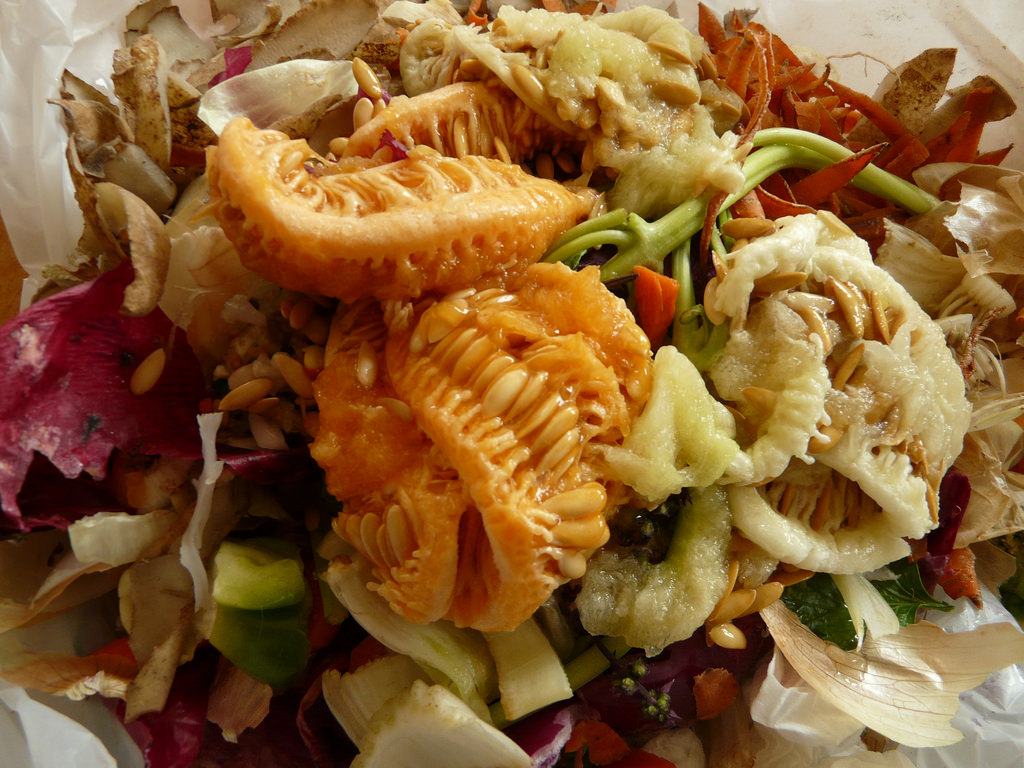Soil and the City: council compost project turns household waste into agricultural asset

Armidale-Dumaresq Council in Northern NSW works with local farmers to use composted kitchen scraps and garden waste from Shire residents to improve agricultural soils.
The Council is a participant in the statewide City to Soil composting project, the goal of which is to help reduce the amount of biodegradable waste that ends up in local landfills.
Each Armidale resident is supplied with a MaxAir food-scraps bin and free, compostable ‘biobags’ made from broccoli. Raw or cooked food waste, used paper towels, tissues, tea leaves and coffee grounds, and some types of cooking oil can be recycled via the odour-minimising biobags.
When a biobag is full, it can be tied by the corners and put it into Council greenwaste wheelie bins along with the usual garden waste.
The Council rewards residents who ensure their City to Soil bins contain only ‘eligible’ organic matter and no ‘ineligible’ matter with prizes to motivate people to recycle food waste correctly.
Armidale-Dumaresq Council uses Groundswell technology to turn all this organic household waste into quality recycled-organic compost mixes. The resulting ‘City to Soil Compost’ is sold as either A-grade compost for $50/cubic metre; or as B-grade compost for $30/cubic metre.
Making the most of City to Soil compost
Applied to existing soils, City to Soil compost mixes result in an increase in soil carbon (humus). This in turn promotes beneficial soil microbes and fungi, hence greater nutrient cycling. Higher levels of soil carbon boost the soil’s water-holding capacity and improve soil structure, increasing plant growth.
Note that City to Soil compost is not intended to be used as a complete soil replacement. As no nutrients/amendments are added to City to Soil compost, it’s also recommended that those using it look out for signs of nitrogen deficiency (yellowing of leaves).
Growers can ensure the best plant responses, the Compost for Soil project advises, by allowing beds to mature prior to planting and adding organic or inorganic nitrogen-rich fertilisers if required. The suppliers recommend that you allow planting beds to mature for one to two months prior to sowing or transplanting.
Further information
For information on City to Soil compost, contact the Waste Transfer Station on 02 6772 7090.
For details on what you can and can’t put in Green Waste Wheelie Bins, check the City to Soil brochure (PDF 308KB).
For more about Armidale-Dumaresq Council's City to Soil initiative for shire residents, visit the City to Soil section of the Council’s website.
Get updates on City to Soil compost availability from the Armidale-Dumaresq Council website, Facebook pages and Twitter feeds; hashtag: #ADCCompost.
